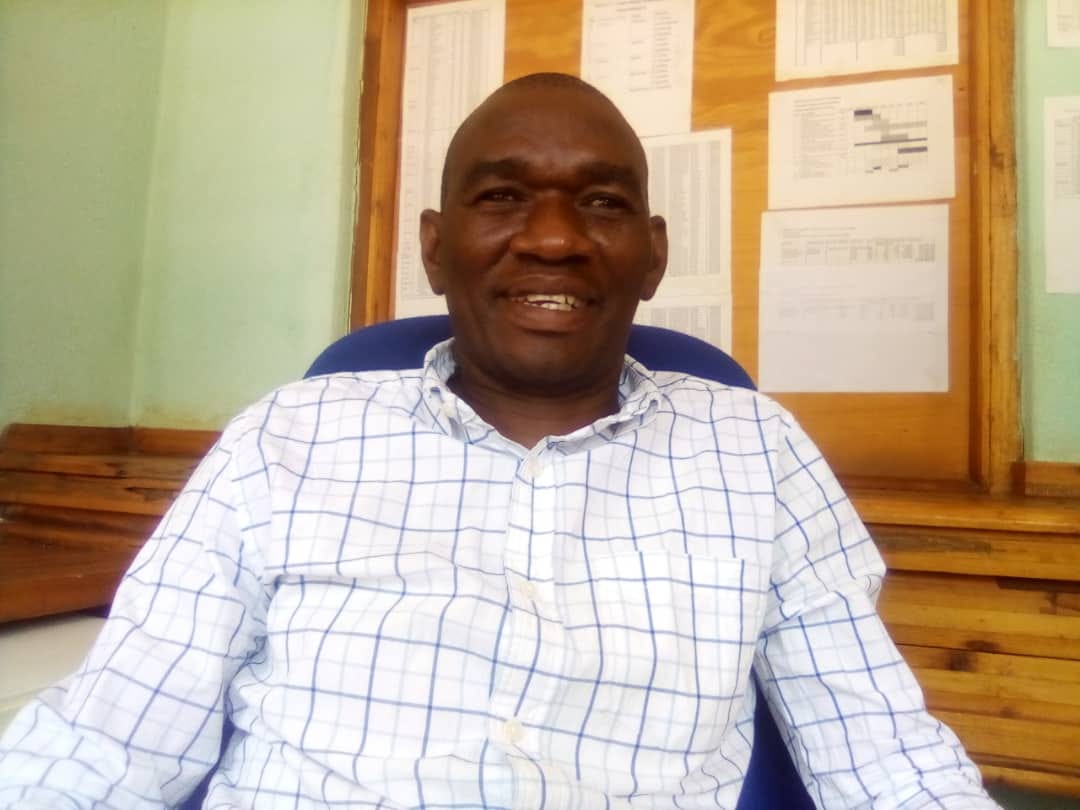Inadequate Toilet Facilities in Karonga District Primary Schools Pose Health Risks
This situation has raised concerns about the health and well-being of the district's over 10,000 learners.
Karonga, Malawi - Primary schools in Karonga district are grappling with a toilet crisis, highlighting resource shortages that have hindered the construction of adequate sanitation facilities, writes Tawonga Chisale.
This situation has raised concerns about the health and well-being of the district's over 10,000 learners, as the lack of proper hygiene and sanitation structures increases the risk of diseases such as cholera.
"Usually when the school has inadequate toilets, it creates space for open defecation due to pressure and congestion among learners. This situation will lead to the spread of diseases such as cholera," warned Patrick Chavula, the District School Health Nutrition (SHN) Coordinator for the education office.
In response to this crisis, Chavula urged community members and well-wishers to actively participate in constructing durable urinals and toilets in primary schools.
He emphasized the need for community involvement to complement government funding.
Robson Kondowe, the primary Education Advisor (PEA) for Ipiyana Zone, revealed that data collected in their zone indicated a severe lack of sanitation infrastructure in many schools, including pit latrines, urinals, and menstrual dressing rooms for girls. He stressed the importance of monitoring infrastructure development and interventions by the government and education-related partners.
"Our school has 10 toilets for 3,073 learners from standard one to eight. Each toilet is supposed to accommodate 25 learners, but the available toilets fall far short of the number of learners," lamented Joyce Kapepa, the headteacher at Baka Primary School.
Kapepa called on well-wishers and organizations to support the construction of additional toilets to reduce congestion among learners and improve cholera prevention.
Despite these challenges, organizations like the Red Cross Society have stepped in to provide sanitation structures, including toilets and urinals, in various schools and communities.
Rueben Malema, the district coordinator for the Red Cross Society, highlighted the importance of addressing the sanitation gap in a flood-prone district like Karonga, where waterborne diseases like cholera are a persistent threat.
"In 2021, the organization managed to construct and rehabilitate 30 toilets in 8 primary schools with funding from the Consortium Belgium Red Cross," Malema said. He urged communities to collaborate in constructing sanitation infrastructure to reduce the spread of cholera.
Other partners, such as GIZ through the Nutrition Access to Primary Education (NAPE) project and the Salvation Army organization, have also contributed to the construction of sanitation facilities in select schools and communities in Karonga district.
However, with 176 primary schools in the district, it's clear that more support is needed to ensure every learner has access to proper sanitation facilities.
The inadequate toilet crisis in Karonga district's primary schools underscores the urgent need for investment and community involvement to safeguard the health and well-being of its young learners.



